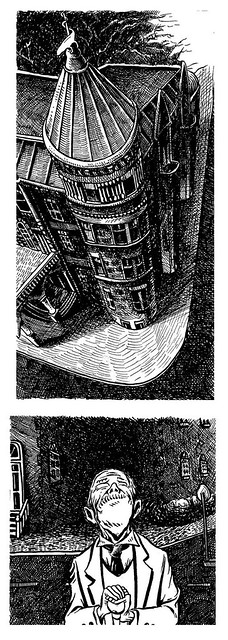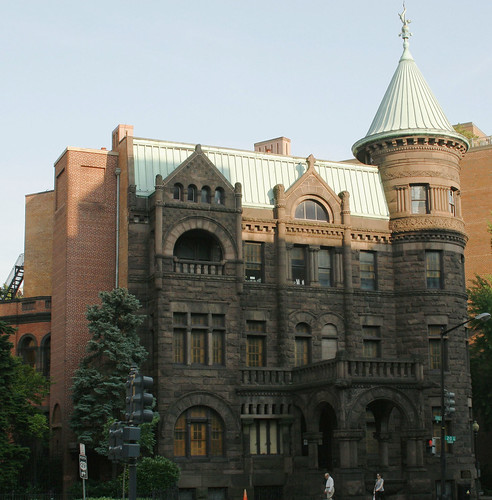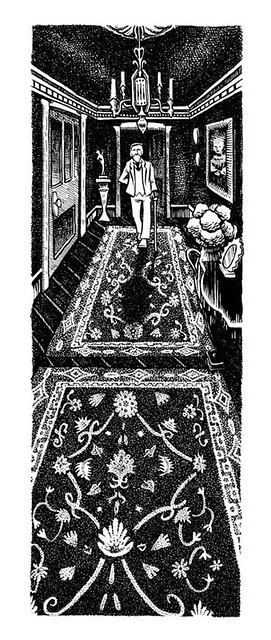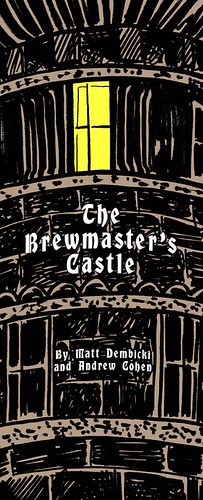
Monday’s ad is unusual insofar as its for a beer brewed in a village that no longer exists. Adelshoffen used to be in the Lower Rhine region of Germany. The most famous beer they made was Adelscott, which was launched in 1982. Heineken acquired the brewery through Fischer in 1996 and closed the brewery in 2000.














